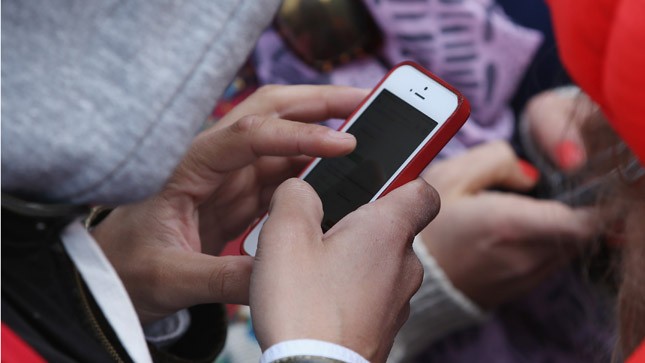The United Kingdom’s House of Commons approved far-reaching authority for spy agencies to access cyber data Tuesday, but pulled back some restrictions on encryption opposed by Apple and Facebook.
The so-called “snooper’s charter,” officially the Investigatory Power Act, codifies intelligence agencies’ use of metadata analysis and malware to hack computers that has been ongoing in the U.K. It requires communications companies to maintain records of customers’ web browsing for a full year to assist investigations.
But the final version eased up on restrictions on encryption. Early drafts of the law mandated encryption include backdoor access – an issue that recently sparked a battle between Apple and the FBI in the U.S. The version passed Tuesday requires only that companies help break encryption if it is reasonable in terms of cost and technology.
That would keep the kinds of encryption used on Apple phones and Facebook’s newly announced end-to-end encrypted messaging service off the table. When properly implemented, neither would be technologically possible to crack.
The changes to encryption were one of a few amendments meant to assuage concerns about the law’s effect on privacy. Civil liberties groups are still unhappy with the complete product, though interior minister Theresa May called the safeguards “world leading.”
The final vote on the IPA was 444-69. It now heads to the House of Lords for their approval.
